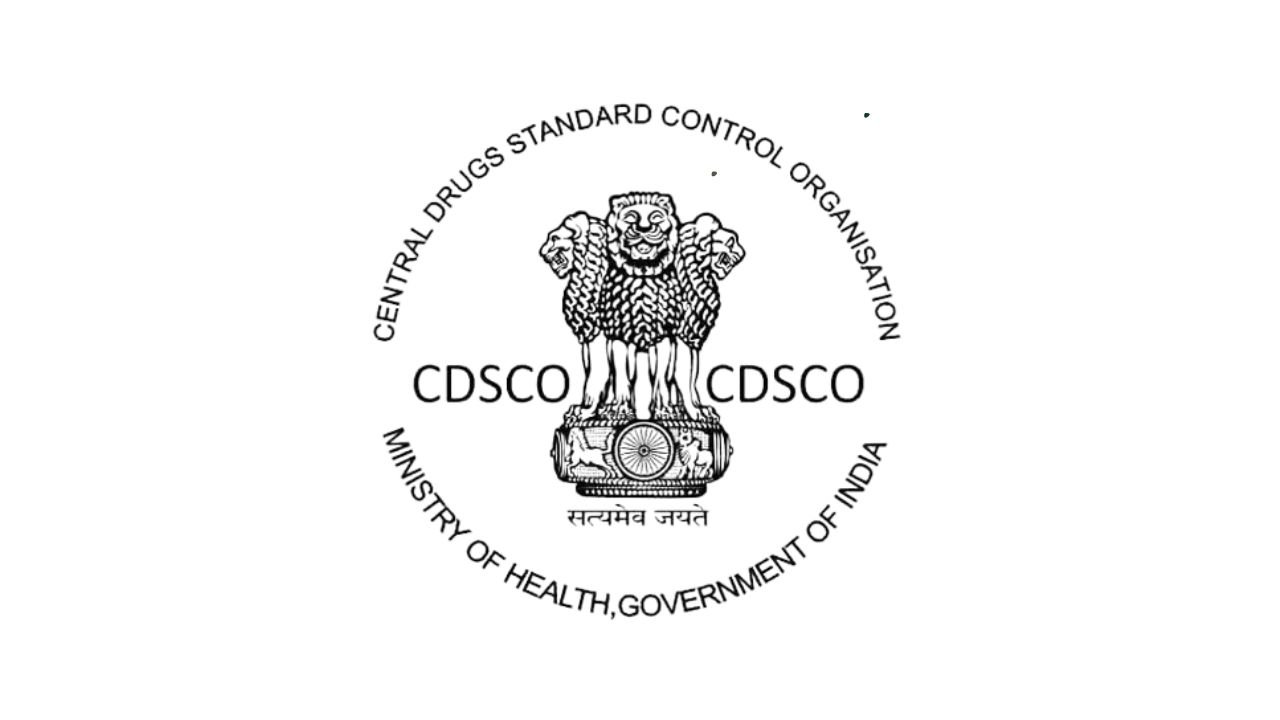New Delhi | Special Correspondent: Concerns over drug safety in India have intensified after the Central Drugs Standard Control Organization (CDSCO) recently identified a cough syrup as counterfeit (spurious) and 112 other drugs as Not of Standard Quality (NSQ) during routine surveillance. This discovery has triggered a comprehensive investigation.
The Case of the Counterfeit Cough Syrup
Samples collected from a state laboratory in Chhattisgarh revealed that the batch of Besto-Cough (Dry Cough Formula) syrup was counterfeit. While the regulator did not disclose the manufacturer, the company listed on the label confirmed it had not produced the batch.
According to CDSCO officials, the batch was produced by an unauthorized manufacturer misusing the brand name of a legitimate company. Experts note that such spurious drugs are typically manufactured by unauthorized producers who exploit well-known brand names to circulate counterfeit products in the market.
FCRF Launches CCLP Program to Train India’s Next Generation of Cyber Law Practitioners
The revelation comes at a time when toxic cough syrups have recently caused fatalities among children. Last month, in Chhindwara, Madhya Pradesh, at least 24 children died after consuming Coldrif Syrup, which was found to contain 48.6% diethylene glycol (DEG), far exceeding the legal limit of 0.1%.
In October, CDSCO also flagged two other syrups—Respifresh TR and Relife—for high DEG content, although they were not linked to the Chhindwara fatalities.
Details of Substandard Drugs
CDSCO declared a total of 112 drug samples as NSQ. These included commonly used medications such as:
- Paracetamol
- Pantoprazole
- Multivitamin supplements
- Telmisartan (for hypertension)
- Diclofenac (pain relief)
Breakdown of testing:
- 52 samples were tested in central laboratories
- 60 samples were tested in state laboratories
NSQ designation indicates that these batches failed quality parameters such as dissolution, weight uniformity, and active ingredient content. Experts warn that consumption of such batches could compromise both efficacy and safety, especially for children, the elderly, and patients with pre-existing conditions.
Ministry of Health Statement
The Ministry clarified that these failures are limited to the tested batches only, and there is no immediate concern for other products available in the market.
“These failures pertain solely to government-lab tested batches and do not impact any other batch. Identifying and removing NSQ and spurious drugs is a routine, cooperative effort between central and state regulators,” the Ministry said.
Consumers were urged to purchase medicines only from authorized and reputable pharmacies and report any suspicious drugs immediately to CDSCO or local health authorities.
Expert Views
Drug safety expert Dr. Rachit Mehra commented:
“Consumers should always verify the label and source of any medicine. Purchase drugs only from trusted manufacturers and reputable pharmacies. Consumption of fake or substandard medicines poses serious health risks. Government and industry must continue regular inspections, strict regulatory enforcement, and awareness campaigns.”
Experts highlight that this incident underscores the importance of drug safety and consumer vigilance.
Tips for Consumers
- Always check labels and batch numbers.
- Purchase medicines only from authorized and reputable pharmacies.
- Exercise extra caution for children and elderly patients.
- Report suspicious drugs or syrups immediately to CDSCO or local health authorities.
“The first step in preventing harm from fake and substandard medicines is awareness and vigilance.”


